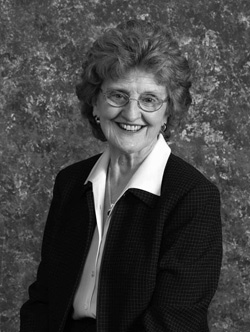D.C. internships for college students with disabilities
by Beth Finke
A young friend of mine is applying for a 2011 AAPD Washington DC Summer Internships Program for Students with Disabilities. I just finished writing a reference letter for her, and as I hit the “send” button it dawned on me. I should share this info with my Easter Seals and autism blog readers!
AAPD stands for the American Association of People with Disabilities, and college students who have autism certainly qualify for their summer internship program. From the AAPD web site:
AAPD’s Summer Internships Program offers college students, law students, and other graduate and professional students with disabilities the opportunity to work in public service for ten weeks on Capitol Hill and at federal agencies. This ten-week experience gives interns the opportunity to gain invaluable hands-on experience in government, including insight into government office operations, public policy development, law-making and research, and constituents’ roles in the legislative and administrative processes. Interns receive a stipend, travel to and from D.C., and fully-accessible housing.
The internships are available to college students (including law students and other graduate and professional students) who self-identify as an individual with any type of disability — including autism. Applicants are not required to disclose their specific disability, but the AAPD assumes that by applying for their internship program you consider yourself a person with a disability. Again, from the AAPD web site:
PLEASE NOTE: This is a program run specifically for students with disabilities by the American Association of People with Disabilities (AAPD), the nation’s largest cross-disability membership organization. Those selected for this program will be involved in various disability-focused activities and associated with AAPD and fellow Interns with all types of disabilities throughout the program.
If you’re interested in applying for a 2011 AAPD Washington DC Summer Internship, you need to act quickly: the deadline for applications is next Monday, January 24. Good luck!







 One month ago this week I returned home to Chicago with a new Seeing Eye dog. Harper is my third Seeing Eye dog, and going through training for the third time gave me an opportunity to think of some things about service dogs that hadn’t occurred to me before.
One month ago this week I returned home to Chicago with a new Seeing Eye dog. Harper is my third Seeing Eye dog, and going through training for the third time gave me an opportunity to think of some things about service dogs that hadn’t occurred to me before. I am so pleased to introduce Andrea Knudsen as a guest blogger today. Andrea’s son receives services here at
I am so pleased to introduce Andrea Knudsen as a guest blogger today. Andrea’s son receives services here at  Here’s some good news to start the New Year off right: check out our
Here’s some good news to start the New Year off right: check out our